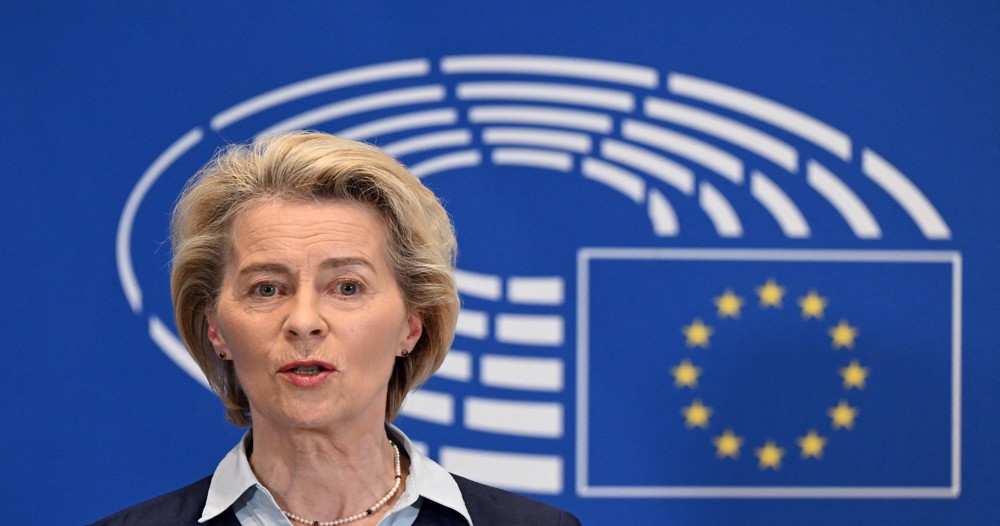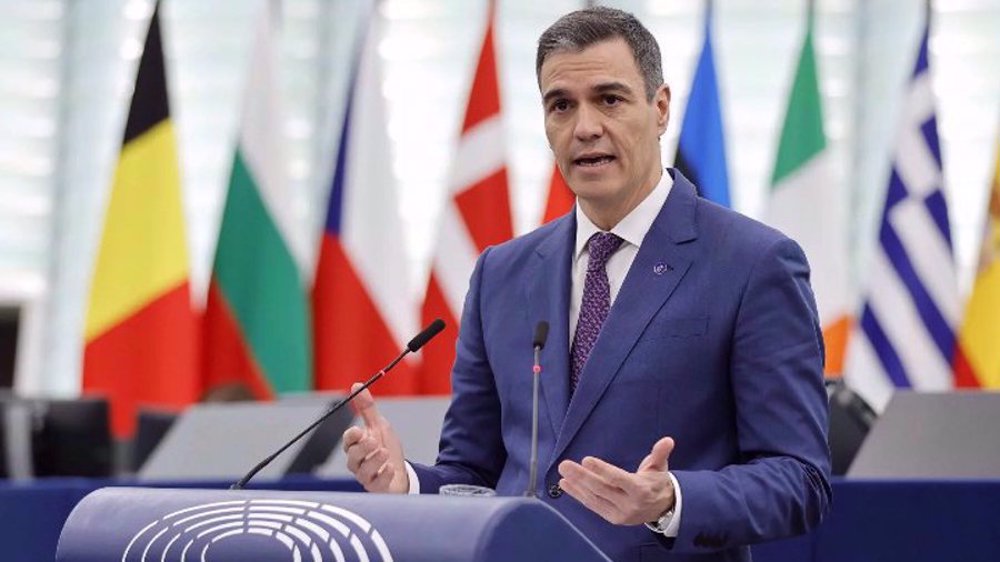Eurozone ministers gives short-term debt relief to Greece
Eurozone finance ministers have approved extending Greece's debt repayment period without cutting the crippling debt burden overall.
The short-term measure also includes slight adjustments to the interest rates, according to a statement made by the eurozone's 19 finance ministers who met in Brussels on Monday.
The ministers, however, refused to officially sign off on the second review of Greece's huge 86-billion-euro bailout, citing questions about Greece's reform programs.
For Prime Minister Alexis Tsipras, the measure still represented "a considerable success and another decisive step for the Greek economy toward exiting the crisis.”
Greece relies on credit from the European currency bloc and other Western bodies to avoid bankruptcy. Since 2010, the country has received two bailouts which have failed to solve its problems but left Athens saddled with a massive debt instead.
Greece's debt is on path to grow to 315 billion euros ($334 billion) or around 180 percent of output this year, according to the latest EU data.
Western creditors are resisting further release of the loans without fresh austerity measures which are a lightening rod for more protests and unrest in Greece.
Tsipras is already facing anger at home for trampling on the promises he made before taking office in January 2015 when he vowed to free Greece from excessive demands by its creditors but later bowed to their pressure.
The hardline stance on debt relief by the eurozone bloc, where bailout fatigue is running rife with voters, comes as key elections approach next year in Germany and the Netherlands.
Monday's talks were marred by a dispute between the International Monetary Fund (IMF) and Europe on the level of debt relief and the economic targets being required of Greece.
The IMF says it will participate in the release of the next tranches of loans only if this is the last bailout for Athens, and that would entail either debt relief or more austerity by Greece.
Greek Finance Minister Euclid Tsakalotos cautiously welcomed the Monday decision but also warned against further austerity measures beyond those already agreed.

Greece has already received two bailouts in 2010 and 2012 worth a total of €240 billion ($272 billion) from its troika of international lenders -- the European Central Bank, the European Commission, and the IMF.
The IMF played a major role in two earlier rescues for Greece but refused to do so at the third one, arguing that the desperate country would never get back on its feet unless its colossal debts were cut altogether.
Tsipras took office in January 2015 on the promise of ending painful spending cuts under the controversial bailout program. However, he later bowed to pressure from the EU and the IMF and accepted deeper cuts, something which seriously affected his approval rating.
He is now trying to convince the voters that years of austerity would finally bear fruit and the country could see a major economic rebirth in the future.
Storm aftermath exposes chaos in Dubai after UAE hit by record rains
VIDEO | Israel’s humiliation
Russia: New US aid for Ukraine fails to change military situation
China slams Biden over 'xenophobic' and 'cheating' claims
VIDEO | Erdogan breaks silence, backs Iran’s reprisal attack on Israel
IRGC warns of 'tit-for-tat' retaliation if Israel attacks Iran's nuclear facilities
Israel retreats, delays striking back at Iran after US call: Sources
Qatar says reassessing role as mediator in Gaza truce talks













 This makes it easy to access the Press TV website
This makes it easy to access the Press TV website